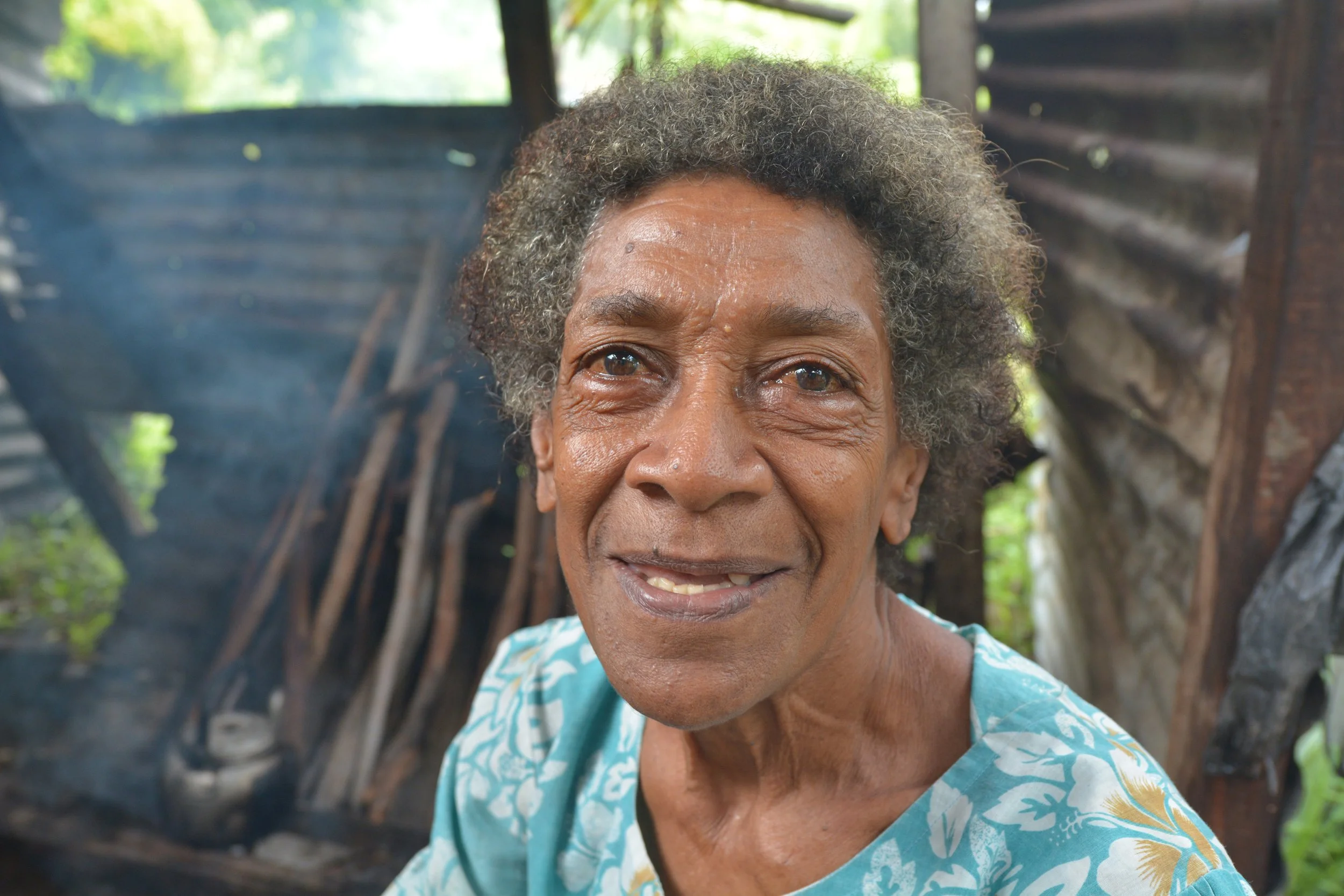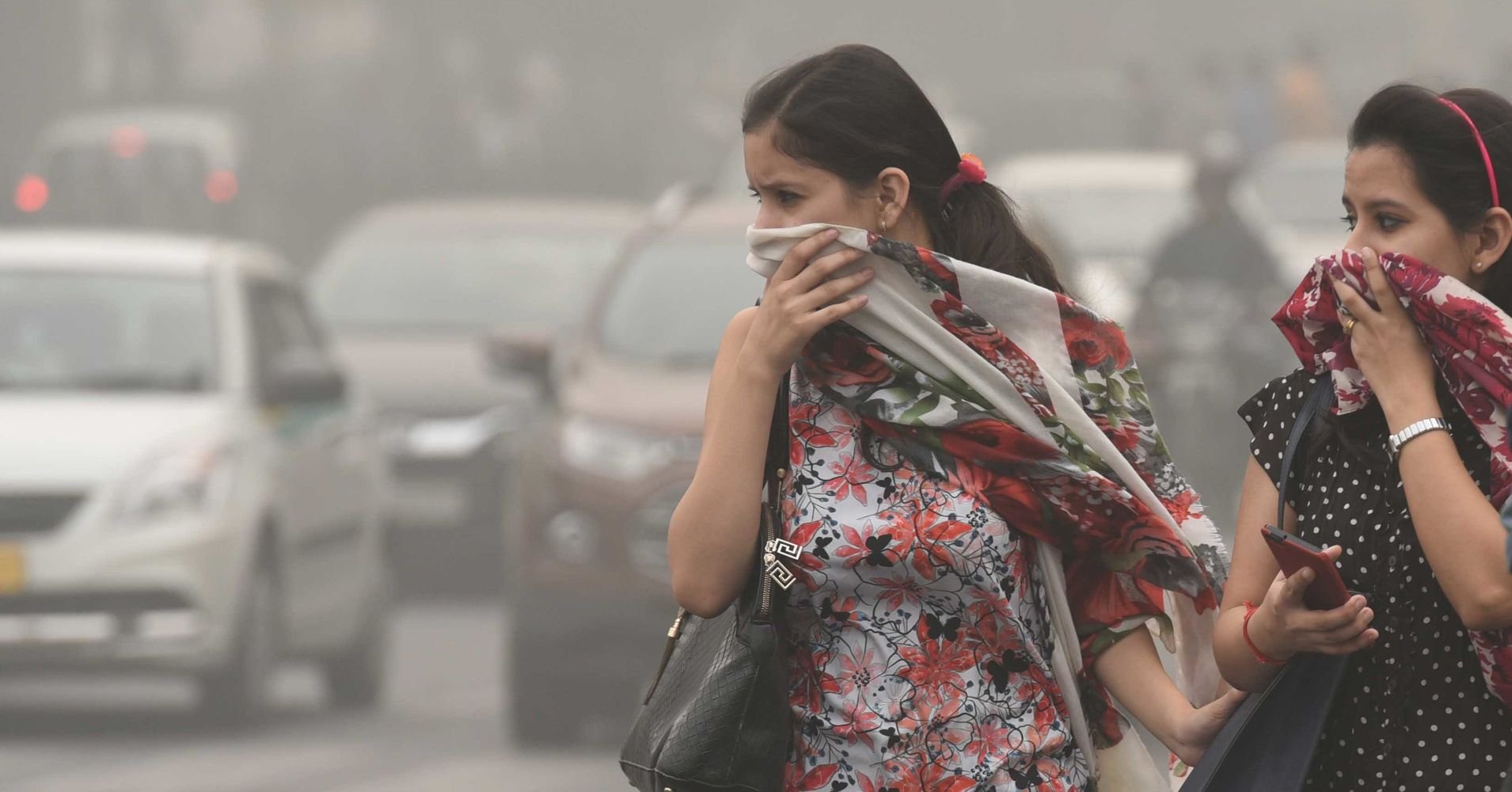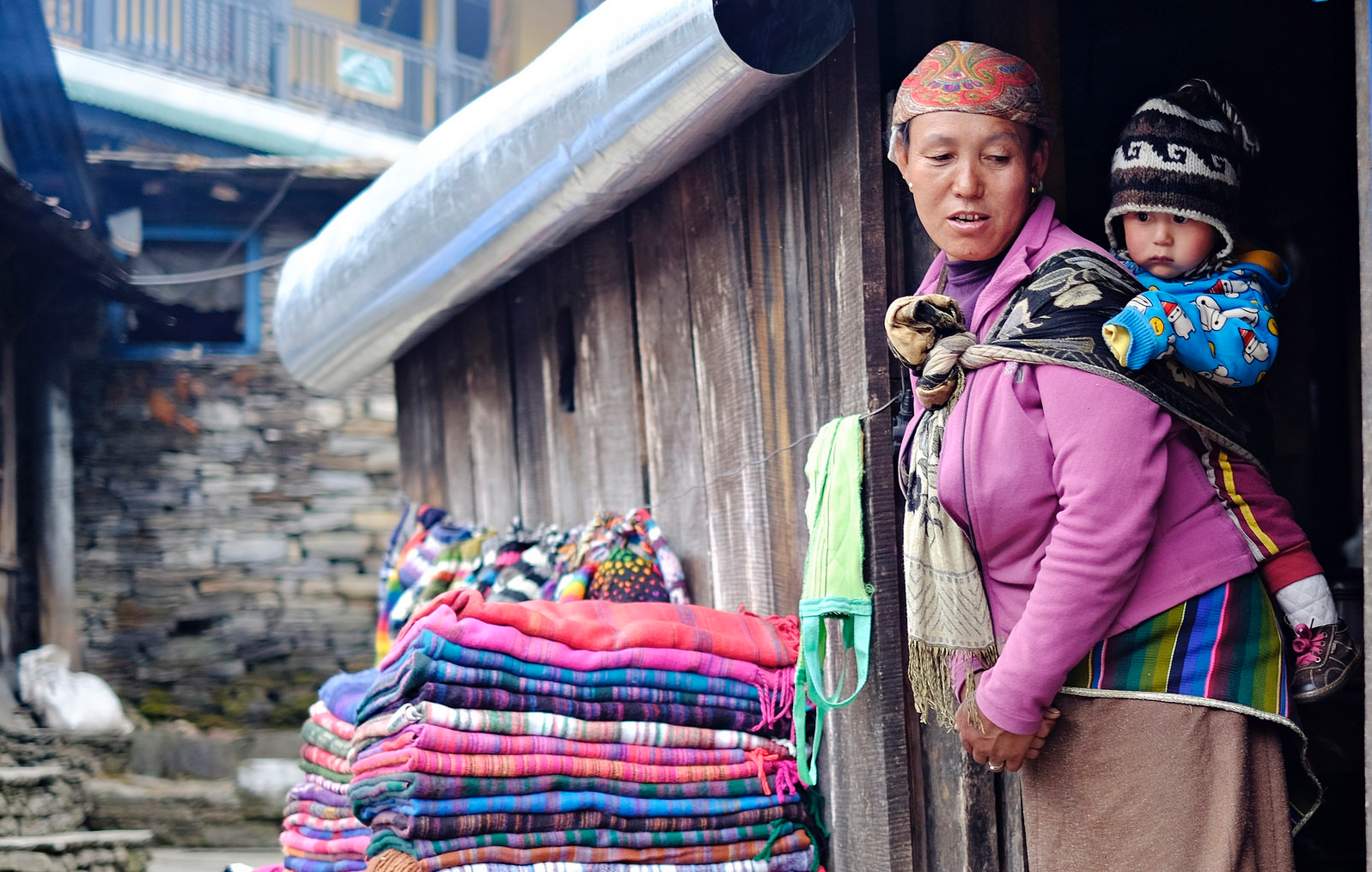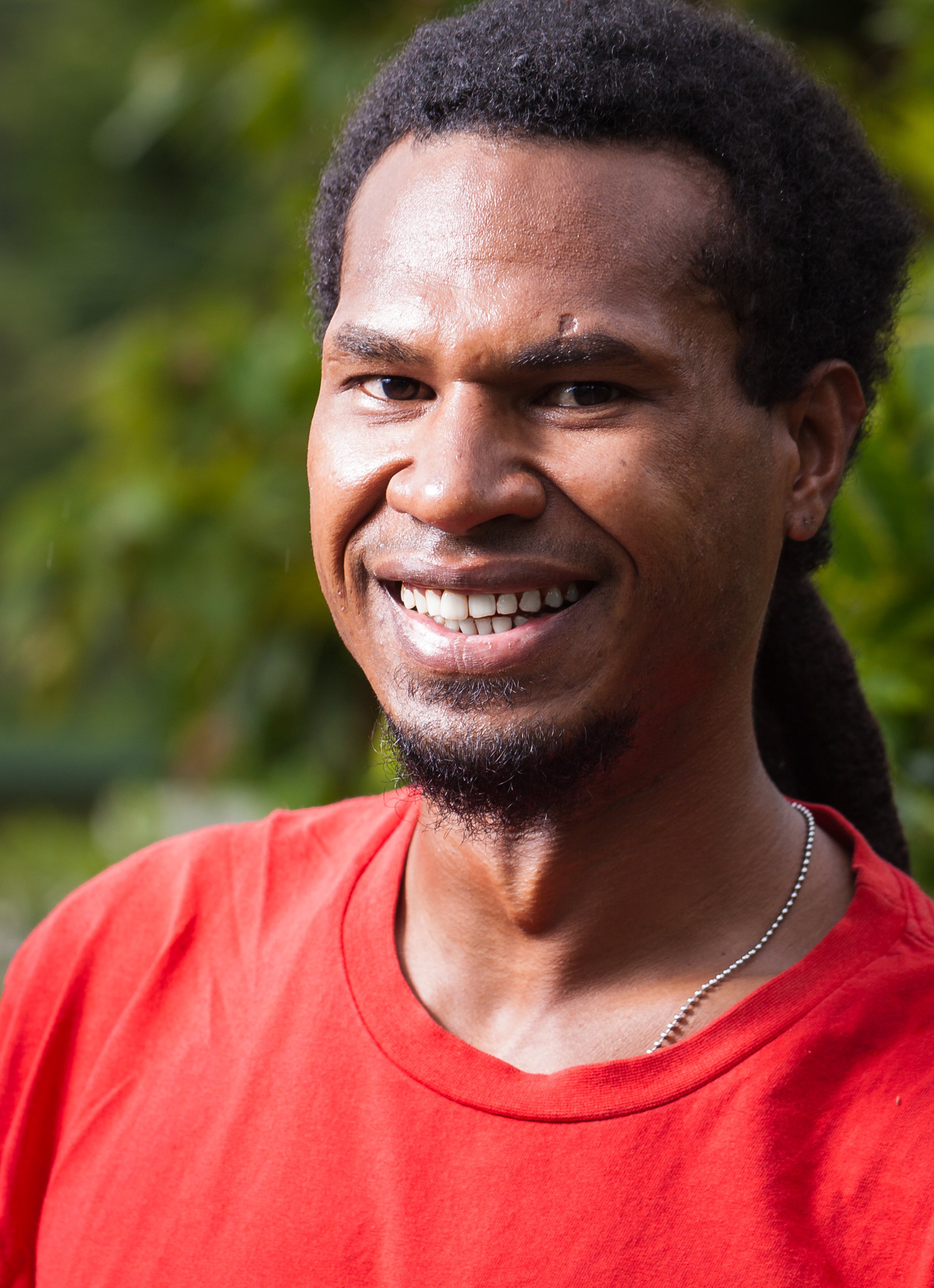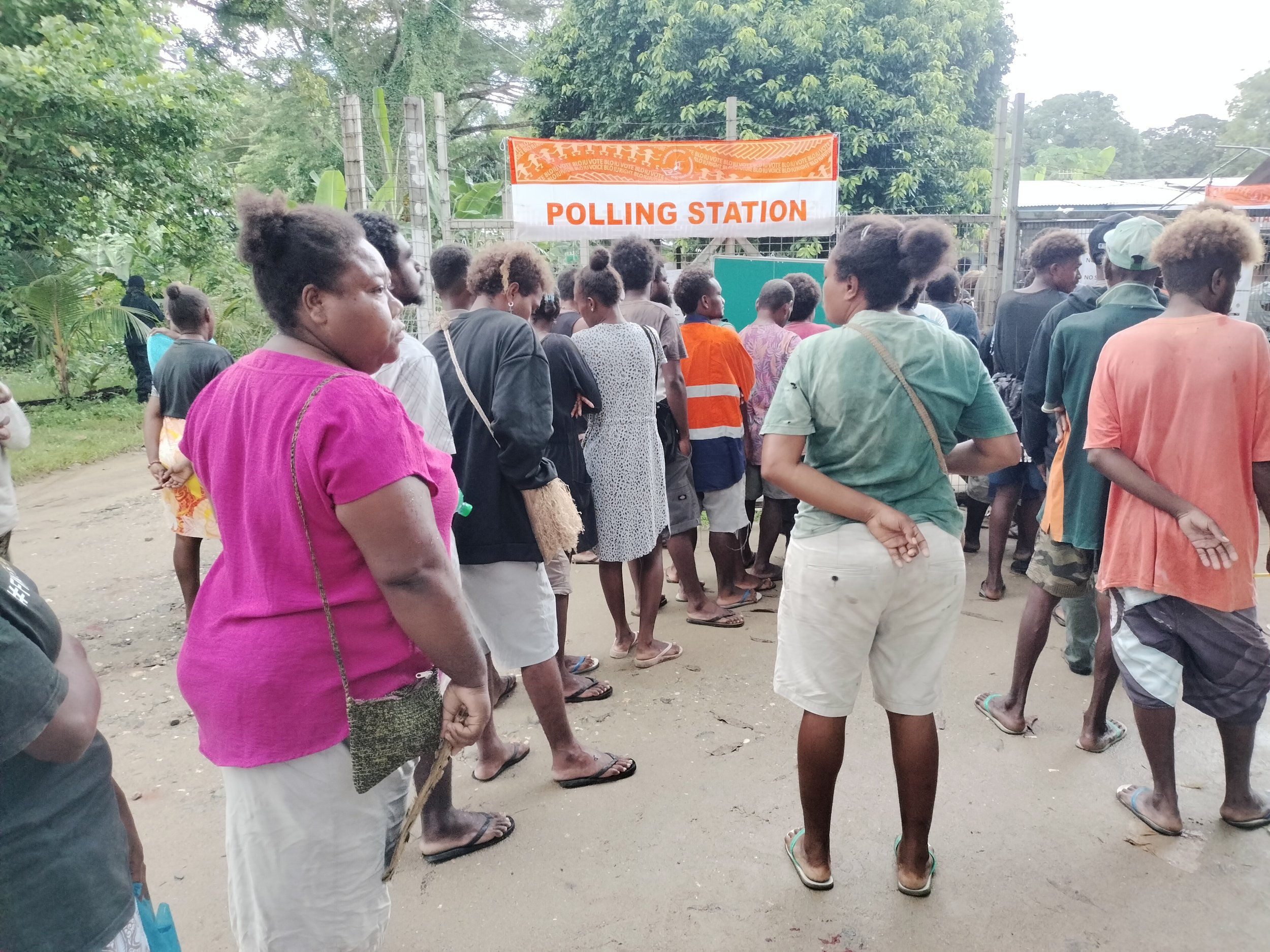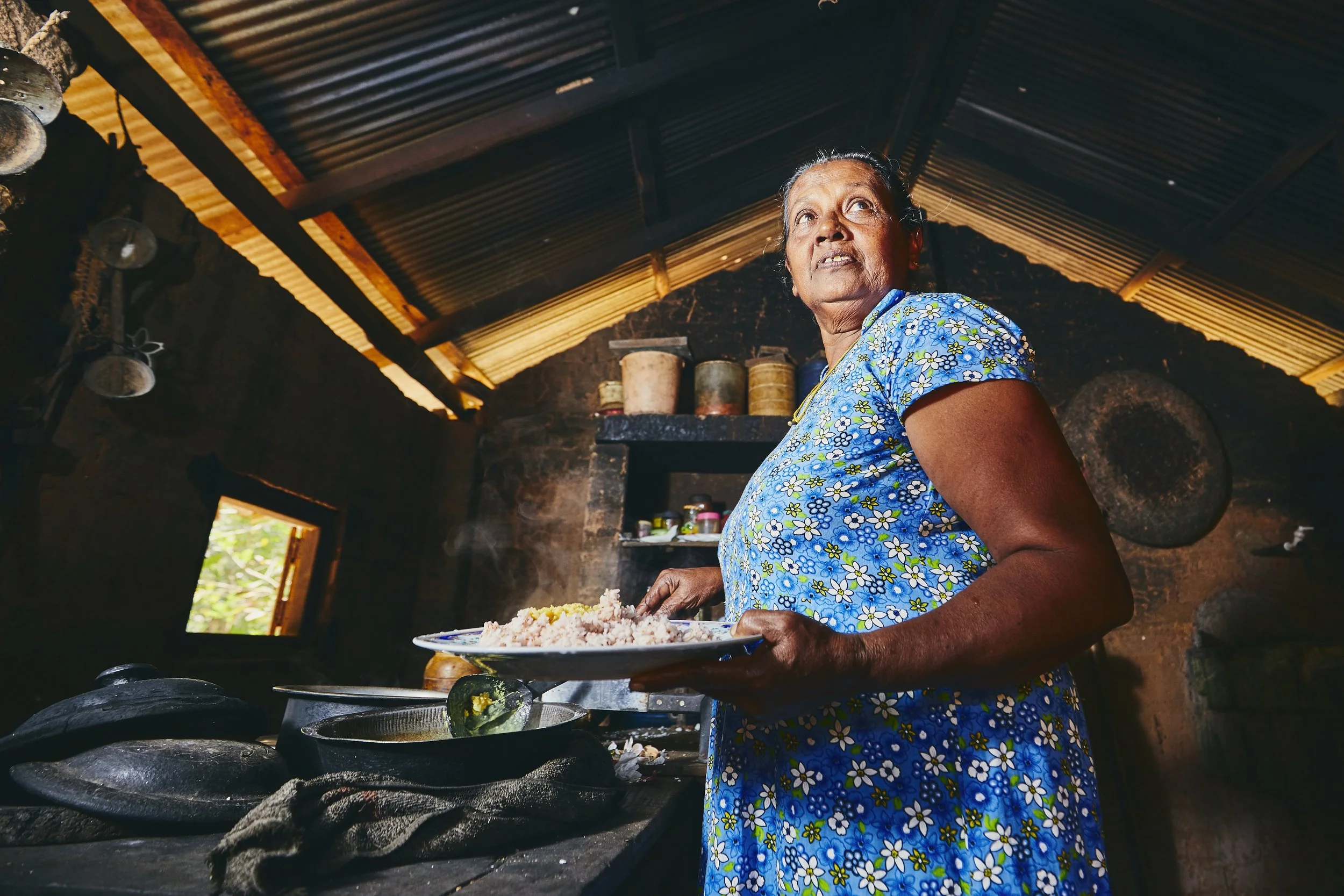Australia
Discharged too early after giving birth
In recent years there has been a continuing shorting of the time in which women are discharged after giving birth from public hospitals throughout Australia.
Up until the mid 1990’s, it was common for women to spend 5 to 7 days in hospital after a vaginal birth, and for around 7 to 10 days after a caesarean birth. However, the average length of stay after a vaginal birth is now under 2 days, and 3 days for a caesarean birth. For many women, the time spent in hospital after giving birth is even less, with 48% discharged from public hospitals within 24 hours after having an uncomplicated vaginal birth. In comparison, for women who give birth in a private hospital, the length of stay is around twice as long, averaging just under 4 days after a vaginal birth and 6 days after a caesarean birth.
At present, Australia lacks national guidelines that set out postnatal care such as the minimum length of stay in a hospital and home support services. However, with a range of physical and mental health issues affecting new mothers increasingly being attributable to the short time women are spending in hospitals after giving birth, the development of national guidelines is underway. In support of this, APMI Partners recently undertook research exploring the experiences of women who gave birth in public hospitals throughout Australia in the last 12 months. Concerning the issue of being discharged too soon after giving birth, one question asked “Do you believe that you were discharged from public hospital too soon after giving birth?” Nationwide, 63% answered ‘Yes’. The highest incidence was amongst those from Victoria, where 66% answered ‘Yes’, followed by Queensland (64%) and New South Wales (63%). The lowest was amongst those from the Australian Capital Territory (57%) followed by Western Australia (58%) and Tasmania (59%).
Concerning home support services, asked “Did you receive adequate home support services after you were discharged from the public hospital where you gave birth?” Nationwide, 59% answered ‘No’. The highest incidence was amongst those from Victoria, where 62% answered ‘No’, followed by Queensland (61%) and South Australia (59%). The lowest was amongst those from Tasmania (55%), followed by New South Wales and the Australian Capital Territory (58%).
The survey used a methodology where 2,000 women who gave birth in a public hospital in the last 12 months were interviewed between May - June 2024.
June 18
BANGLADESH
Micro-financing for women a success
Over the past 20 years, Bangladesh has become a leader in the Micro-finance industry, whereby small loans are provided to people from poor backgrounds to start businesses, with the goal of improving the living standards of the recipients, their family and community.
APMI Partners recently completed an evaluation of a Micro-finance scheme which provided loans of up to US$750 to equip women who had 5-7 years experience in working in the garment industry, to setup their own business making garments for their own customers or for bespoke orders, placed through one of several centralised ordering facilities they were given access to.
The scheme proved to be a success, where over a 12 month period to April 2024, 83% of the 1,229 women who were involved in the scheme had paid back their original loan in full. Additionally, 84% reported that their income over the 12 month period had been higher than what it was in their previous employment.
From a non-financial perspective, 88% of the women said that they had a higher quality of life overall as a result of the scheme, compared to when they were in their previous employment.
May 31
BHUTAN
Tourists want to go back to Bhutan
Bhutan, the small Kingdom in the Eastern Himalayas has always been a difficult destination to get to for tourists, both geographically and in lieu of the limits on the number of visas granted and other controls such as the need to travel as part of a planned, prepaid tour package.
For those who do make it to what is called the happiest country in the world, many want to return again. Earlier this year we undertook 250 exit interviews amongst tourists who were departing the country after a holiday and found that 71% would like to return again.
The survey also found that 77% believed it was the most unique country they had ever visited and 86% said it was the best holiday destination they had ever been to.
June 2
BRUNEI
Continued growth forecast for tourism
In 2019, Brunei experienced a 17% increase in tourist numbers over 2018. In analysing Brunei’s tourism industry, APMI Partners forecast that in 2020 there would be a 12% increase compared to 2019, with the growth in 2020 again predominately coming from Chinese tourists, which in 2019 made up 38% of all tourists.
Business conferences were also forecast to continue to form a large part of Brunei’s tourism growth, with a forecast 17% growth in 2020 compared to 2019 as the country continues to position itself as a leading destination in South East Asian market.
February 28
CAMBODIA
Casino growth becomes unlucky
In recent years Cambodia has experienced significant growth in casinos with 77 new casinos being established since 2015, bringing the number to 152 as of early 2020.
As part of a Market Intelligence project involving Cambodia’s tourism industry, APMI Partners examined Cambodia’s casino industry, finding that these casinos almost solely cater to foreigners, such as those from neighbouring countries where gambling and casinos are illegal namely Laos, Thailand and Vietnam.
However, the main source country which was found to account for 84% of foreign casino patrons was China. Despite the significant growth in the number of casinos over recent years, we found that in 2019, 113 of the 152 casinos (74%) struggled financially, predominately as a result of the increased competition in Cambodia and a lower than forecast growth rate in Chinese and other foreign patrons.
February 3
CHINA
Young Chinese Couples Still Prefer 1 Child
In response to the declining birth rate, the decades old one-child policy was abolished in 2016 and replaced with a two-child limit. However, with the birth rate remaining low and faced with a rapidly ageing population, in late May 2021, the government announced another change in policy, to allow couples to have up to three children.
Following this change in policy, we conducted a survey of young couples in 2017 to investigate their opinion towards the change in policy and other issues relating to having and raising children and further follow-up survey’s in 2021, 2022 and our latest in March-April 2024.
One question asked in all surveys was “Do you intend to have children and if so, how many do you plan to have”? Where in 2024 it was found:
11% do not want any children
62% want 1 child
20% want 2 children
7% want 3 children
Compared to the findings in 2017, 2021 and 2022, there has been a further increase in those not wanting any children, increasing from 8% in 2017, 9% (2021), 10% (2022) to 11% (2024).
Couples wanting to have 1 child have remained constant in recent years, 62% (2024), 63% (2022), 62% (2021), however, a notable increase from 56% in 2017.
The largest change has been with couples wanting to have 2 children, having decreased from 27% in 2017, to 23% (2021), 21% (2022) and 20% in 2024.
There has also been a overall decrease amongst those wanting 3 children, from 9% in 2017 to 6% (2021 & 2022) to 7% in 2024.
The survey used a methodology where 2,500 newly married couples aged 20-35 years were surveyed throughout China, conducted March-April 2024.
April 12
FIJI
Social issues facing Fiji in 2024
In an annual social research project conducted in Fiji, APMI Partners surveyed a nationwide, representative sample of the adult population, exploring a range of issues from household income and expenditure, through to access to healthcare, education and experiences with corruption and the rule of law.
Concerning the main social problems in the country, one question asked was “What do you believe are the main social problems for Fiji in 2024?”. The main findings being lack of suitable employment opportunities (23%), household income and the cost of living (21%), accessibility to healthcare services (17%), access to adequate housing (14%), law & order (11%) with other responses accounting for a further 14%.
The survey used a methodology where a nationwide, representative sample of 2,000 adults throughout Fiji were interviewed in August 2024.
August 27
HONG KONG
Baby incentive payment insufficient
The Hong Kong government announced in October a one-off incentive payment of HK$20,000 (US$2,500) until 2026, for each baby born in Hong Kong, to a parent who is a Hong Kong resident. This is in addition to existing tax incentives for new parents, who receive annual tax deductions for each child, with an extra deduction for newborns.
This new incentive is in response to Hong Kong’s persistently low birth rate, currently at 0.9 births per woman, a record low. Hong Kong requires a birth rate of 2.1 to maintain a stable population.
Financial incentives are one of the few immediate methods available to governments to increase birth rates and are commonly used in developed Asian countries with similar low birth rates, namely Singapore, South Korea and Japan. However, they have proven to provide minimal increases to the birth rate, primarily due to the high cost of raising a child, in addition to the general high cost of living in these countries.
Our recent survey of couples aged 18-39 in Hong Kong asked a series of questions concerning fertility, with several focussed on the incentives required to have a child. Regarding the government’s recent incentive, one question asked “Will the government’s recently announced one-off incentive payment of HK$20,000 encourage you to have a child?”. Only 16% responded ‘Yes’. Age was the main factor amongst those who answered ‘Yes’ with the highest response was amongst the youngest age group (18-24 years), where 19% answered ‘Yes’. Conversely, amongst the oldest age group (35-39 years), 12% answered ‘Yes’. Another question asked, “What one-off financial payment value, would be sufficient to encourage you to have a child?” The average value given was HK$96,000 (US$12,200).
A series of other questions asked how many children couples intended to have. 56% said they intended to have 1 child; 19% said 2 children; 6% said 3 children; 2% said more than 3 children and 17% said they did not intend to have any children.
The survey used a methodology where 750 couples aged 18-39 in Hong Kong SAR were interviewed 7th to 20th December 2023.
January 8
INDIA
Significant health impact of air pollution
India is often regarded as having the worst air pollution of any country in the world, with it being attributable to a very large number of deaths each year, estimated to have been around 2.5 million deaths in 2023.
As part of an ongoing research project investigating the impact of air pollution on the health of the population, we again conducted a survey in the seven largest cities by population, asking residents questions concerning to their experiences with air pollution.
One question asked “Do you believe that air pollution has made you sick on one or more occasions over the past 12 months?” The highest response was in Delhi where 42% answered ‘Yes’, followed by Kolkata (31%); Ahmedabad (30%), Hyderabad (25%), Bangalore (24%), Mumbai (23%) and Chennai (22%).
In another question which asked “In the last 12 months, have you sought medical treatment for a condition that you believe is directly related to air pollution?” overall 17% answered ‘Yes’ with the highest response coming from Delhi (27%) followed by Ahmedabad (24%) and Kolkata (19%).
The survey used a methodology where 1,000 residents aged 16+ in each of India’s 7 largest cities by population were interviewed between the 23rd August - 4th September 2024.
September 9
INDONESIA
Young women’s goals & aspirations
A recently completed social research project focussed on young women throughout Indonesia, has delivered a wide range of insights into their lives, assisting government and non-government organisations in better understanding this demographic and delivering services to them.
Concerning education, 73% felt that they gained sufficient knowledge and experience during high school to adequately equip them for the personal context of their life. Amongst those who were employed, 59% felt they gained sufficient knowledge and experience during high school to adequately equip them for their current career.
In relation to employment, 44% of those who are currently working said they feel fulfilled with their current job and 59% said they would like to change to a different career. In terms of having children, 27% said they want to pursue a career before having children.
Regarding personal relationships, 79% of those who were married said they were happy with their marriage. Of those who were not married, 43% said they haven’t found the right partner yet; 37% said they were currently focussed on their education and/or career and not interested in marriage at this stage; 12% said they wanted to do other things instead of getting married and 8% said they had no intention of ever getting married.
In respect of health, 81% said that they were satisfied with their physical health, with 84% being satisfied with their mental health. In terms of access to healthcare services, overall 66% said they had adequate access.
The survey used a methodology where a nationwide, representative survey of 2,500 Indonesian women aged 18-29, were interviewed in November - December 2023.
December 12
JAPAN
30% female executives by 2030
For the last 20 years, Japan has been trying to elevate women into leadership roles, in what has and remains, a highly patriarchal society. In 2003, the Japanese government set a goal of achieving 30% representation of women in leadership positions in all areas of society by 2020, which was far from achieved.
More recently, in June 2023, the Japanese government approved a policy package aimed at developing the empowerment of woman. One of the targets set is to have women hold 30% of the executive roles within country’s leading publicly-listed companies by 2030. This is a very ambitious target, where in June 2023 women were estimated to hold only 11.7% of such executive roles.
Shortly after this was announced, we undertook a survey amongst C-suite executives from Japan’s leading publicly-listed companies, to determine their views on this and other initiatives to elevate women into executive roles and to further empower women in Japan.
One question asked “By 2030, can your company realistically attain the goal to have 30% of the executive roles held by suitably qualified women?” In June 2023, 23% answered ‘Yes’ and 77% ‘No’. Asked again in our recent survey in May 2024, there was a 5% increase in responses to ‘Yes’ reaching 28%. Subsequent questions found much of this 5% increase attributable to increased attention and strategies towards developing leadership paths for women in these companies over the past year.
Another series of questions explored the main reasons why achieving the goal of 30% is viewed as being difficult or not possible by 2030. Firstly, most companies do not have sufficient numbers of women suitably qualified, or in the process of becoming suitably qualified, for executive roles. Secondly, external recruitment is not possible due to the overall shortage of women being suitably qualified, or in the process of becoming suitably qualified. Thirdly, corporate culture in Japan is regarded as being too male-orientated and unable to be adequately changed by 2030 to be acceptable for larger numbers of women.
The research used a methodology where C-suite executives from Japanese publicly-traded companies, were interviewed 21st - 30th June 2023 (n=276) & 2nd - 10th May 2024 (n=262).
May 20
LAOS
Economic boom from tourism
Growth in tourism is a major contributor to the strong economic growth in Laos. In 2017, tourism accounted for 13.7% of overall GDP and is the fastest growing industry sector for employment in the country.
In conducting an economic impact study on the tourism industry in Laos, APMI Partners forecasts that by 2020 tourism will account for 15.2% of overall GDP and 1.2% of the overall economic growth rate.
The growing tourism industry will also have significant positive ramifications on other industries, such as transportation, where by late 2023 an additional US$330 million will be invested in road infrastructure.
March 6
MACAO
Why tourists like Macau
With Macao’s tourist numbers increasing in the last six months, from the variability in recent years, APMI Partners recently undertook a large survey amongst tourists who visited during the month of January.
A range of questions, were asked, including to rate the things that they most like about Macao, where the top 5 were: 1. Casinos (gambling); 2. Culture & heritage; 3. Live entertainment; 4. Food; 5. Shopping.
The survey used a methodology where 3,037 tourists were interviewed in Macao in January.
February 28
MALAYSIA
Oversupply of 57,500 new apartments
Over the past 5 years Malaysia has had a construction boom in residential property, namely apartments in condominium developments. However, there exists a between supply side and demand side factors.
From the supply side, the incentives have been high profit margins, in addition to government investment & taxation incentives to developers. From the demand side, a large percentage of Malaysians are unable to afford these new apartments, in addition to lower than forecast demand from foreign investors.
The Malaysian governments incentive to attract foreigners to buy residential property through the "Malaysia My Second Home" (MM2H) scheme, was doing quite well in attracting investors from Hong Kong and mainland China. However, the economic downturn from the COVID-19 pandemic is resulting in significantly reduced uptake.
APMI Partners determined there to currently be an oversupply of 57,500 unsold newly developed apartments throughout Malaysia, with this to increase to just over 58,000 by late 2024.
March 16
MALDIVES
Employment remains main problem
A nationwide survey of the adult population in the Maldives determined the main social problems in the small nation.
The largest problem is employment opportunities (24%), followed by stable, corruption-free democratic government (19%). Access to healthcare is ranked third (16%). Fourth is the environment (15%) and fifth is law and order (13%).
This survey was last undertaken by APMI Partners two years ago where employment opportunities were also the main problem (29%) but stable corruption-free democratic government was ranked much lower (14%).
The survey used a methodology where a nationwide, representative sample of 1,553 adults throughout the Maldives were interviewed in February - March 2024.
April 4
MONGOLIA
Employment & healthcare main issues
Our annual nationwide survey of the Mongolian adult population determined the main social issues facing the population.
The largest is employment opportunities, followed by accessibility to healthcare. Affordable housing was the third main issue followed by accessibility to education. The fifth main issue was the environment, with increasing concern about the level of pollution in the larger cities.
March 11
MYANMAR
Military coup & economic contraction
The economy of Myanmar has received a double blow this year. Firstly, the military coup which commenced in February. Secondly, COVID-19 which has worsened in the first half of this year. As a result of these two events, the economy has experienced a range of repercussions, namely a decrease in activity due to widespread protests and a growing civil disobedience movement against the military coup, an additional decrease in activity due to COVID-19 lockdowns and a significant decrease in foreign investment due to the political uncertainty.
In our recent quarterly economic research into Myanmar’s economy, we sought to determine what will GDP be for 2021. To this end we believe there will be a 16% contraction in GDP for 2021. Our research also examined the unemployment rate, where as at mid-June we estimate it to be 6.3%, when considering the country’s high number of working age adults engaged in casual, or informal employment, such as labourers employed on a daily basis at construction sites and in agriculture, or food sellers at markets who are essentially self-employed.
June 16
NePAL
GDP to decline 2.6% in 2022
Nepal’s GDP is forecast to decline by 2.6% in 2022, a further decrease since the pandemic commenced. The widespread flooding and landslides in previous years are still impacting upon the agricultural industry.
However, the main contributor to the reduction in forecast economic growth is the tourism industry which has been decimated by the COVID-19 pandemic.
The survey used a methodology where 46 leading Economists across in Nepal and 8 other countries in the Asia Pacific region were interviewed in May 2022.
May 6
NEW CALEDONIA
Climate change affecting lives
48% of adults in New Caledonia believe that climate change has affected their life, while 52% do not believe that their life has been affected.
The main reasons for those who believe that their lives have been affected, were changes in weather patterns, more extreme weather events, sea levels rising and changes in fish and seafood stocks.
In terms of whether the government can do anything to stop the effects of climate change, 79% believe that there is nothing that the New Caledonian government can do and 81% attribute climate change to large, industrialised countries in other regions of the world.
The survey was conducted in February 2024, involving representative survey of 1,519 adults throughout New Caledonia.
March 3
NEW ZEALAND
Declining intention for COVID-19 boosters
A recent survey undertaken by APMI Partners investigating the intentions of New Zealanders to have a COVID-19 booster vaccination, found a continued decline for the third year.
Asked “Do you intend to have a COVID-19 booster vaccination in 2025?” 22% answered ‘Yes’ a decrease of 5% from 27% who answered ‘Yes’ in our 2024 survey.
The main reasons given for not intending to have a booster in 2025 were: perceived lack of necessity (31%); vaccination fatigue (23%); lack of awareness (18%); misinformation & distrust (15%), and not being recommended by a GP or healthcare professional (13%).
As in previous years, age was the main determinant amongst those who intend to have a booster, highest amongst those aged 65+ where 27% answered ‘Yes’. Conversely, only 15% of those aged 18-34 answered ‘Yes’.
The methodology involved a nationwide, representative survey of 2,000 adults, conducted between 27th January - 4th February 2025.
February 18
PAPUA NEW GUINEA
The views of young adults
In a social research project conducted throughout Papua New Guinea, APMI Partners interviewed a nationwide, representative sample of young adults.
A wide range of issues were explored, from current and future aspirations in life, views on leading national and global issues, through to difficulties experienced in current day-to-day life.
One series of questions explored what assistance government could provide to young adults, where one question asked “What do you believe is the most important aspect of your life which requires assistance from the government?”. Employment was the main response (28%), followed by Education (23%), Law & Order (19%), Gender Inequality (13%), Healthcare (8%), with other responses accounting for a further 9% such as the environment and climate change.
Another question asked “How confident are you, that over the next 10 years, you will be able to achieve the main goals that you have for your life?”. Where 58% answered that they were confident (apportioned 19% ‘Very Confident’ & 39% ‘Confident’), 35% answered that they were not confident (apportioned 14% ‘Not at all confident’ & 21% ‘Not very confident’) and 7% answered they were ‘Unsure’.
The survey used a methodology where a nationwide, representative survey of 1,500 young adults aged 18-25 throughout all provinces of Papua New Guinea were interviewed in April 2023.
May 9
PHILIPPINES
Preference for USA over China
In recent years, the Philippines, like many other countries, has been strengthening its economic ties with China. This shift has sparked public debate about whether the nation should deepen its alignment with China or maintain its traditional alliance with the USA, which dates back to its time as a U.S. colony from 1898 to 1946.
As part of our annual social research project, which examines a wide range of issues, we have continued to ask Filipinos their preference for aligning more closely with either the USA or China, a question we have included since 2017.
This year’s results show a continued rise in the proportion of respondents favouring the USA, with 86% choosing the USA compared to 14% for China. Support for alignment with the USA has steadily grown over the past eight years, increasing from 64% in 2017 to 70% (2018), 73% (2019), 77% (2020), 81% (2021), 82% (2022), and 84% (2023).
Over this period, a clear correlation has emerged between negative perceptions of China and the growing preference for alignment with the USA. Events such as territorial disputes in the South China Sea, aggressive encounters between Filipino fishermen and the Chinese Coast Guard, and concerns about the origins of COVID-19 have all contributed to this trend.
The survey used a methodology where a nationwide, representative survey of 3,000 adult citizens throughout the Philippines were interviewed between 22nd November to 11th December 2024.
December 23
SAMOA
Climate change affecting lives
57% of adults in Samoa believe that climate change has affected their life, while 43% do not believe that their life has been affected.
The main reasons for those who believe that their lives have been affected, were changes in fish and seafood stocks, changes in weather patterns and more extreme weather events.
Of the 57% who believe that their lives have been affected by climate change, 67% live within 2km from the ocean. In terms of whether the Samoan government can do anything to stop the effects of climate change, 79% believe that there is nothing that the government can do and 86% attribute climate change to large, industrialised countries in other regions of the world.
The survey was conducted in February 2024, involving a nationwide, representative survey of 1,026 adults throughout Samoa.
March 12
SINGAPORE
Mixed satisfaction with careers
Our annual survey of Singaporeans and their attitudes and behaviour to work has once again found that there are very mixed levels of satisfaction that Singaporeans have with their career.
One question asked was, “How satisfied are you overall with your career?” where: 48% responded positively (the same as last year), apportioned with 27% answering ‘Satisfied’ and 21% ‘Very Satisfied’. In comparison, 41% responded negatively (a 3% decrease from last year) with 24% answering ‘Unsatisfied’ and 17% ‘Very Unsatisfied’. A further 11% gave a ‘Neutral’ response, a 3% increase from last year.
The most positive were younger professionals (aged 25-34) in the medical & healthcare and banking & finance industries. Conversely, those who were the most negative were middle-aged (aged 45-54) involved in the retail and transport & logistics industries.
Another series of questions explored topics relating to changing careers, with one question asking, “Would you like to change your career”? where 44% answered ‘Yes’, 47% ‘No’ and 9% ‘Unsure’. The 44% who answered ‘Yes’ were then asked ‘Do you know what alternative career you would like to change to”? where 37% answered ‘Yes’.
The survey was conducted in February, where 1,500 Singaporeans (citizens and permanent residents) engaged in full-time employment across all industry sectors were interviewed.
March 21
Solomon Islands
Views on recent national election
The Solomon Islands recently held a general election, one of the most important in many years. It was controversial due to it being postponed by the previous government on the grounds that with country hosting the Pacific Games in late 2023, it did not have the financial resources to hold the election as well in the same year. Additionally, it was the first election since the country changed it’s long-standing diplomatic relationship with Taiwan, to China, where a security pact with China was signed in 2022, the details of which are still not publicly known.
Various forms of corruption and vote-buying have been common in the Solomon Islands for years and were present in this year’s election, despite laws being strengthened against it. In this year’s election APMI Partners undertook pre-polling and post-polling, investigating voter intentions, experience with the voting system and opinions of the electoral results. We found that vote-buying occurred in many electorates, most commonly being cash, food, clothing, fishing and farming equipment, and housing materials.
A series of questions to voters in our post-polling survey explored attitudes and experiences with corruption and vote-buying. One question asked “Do you believe that vote-buying is an entrenched element of elections in the Solomon Islands?” Overall 38% answered ‘Yes’. Another question asked “Did you experience one or more instances of vote-buying from one or more political candidates in the recent election?” Overall 34% answered ‘Yes’.
In terms of overall views on the election and how it was conducted, one question asked “Do you believe that the recent election was conducted freely and fairly?” 64% answered ‘Yes’, 23% ‘No’ and 13% answered that they were ‘Unsure’.
The post-poll survey was conducted from the 19th to 28th April, involving a nationwide, representative survey of 2,500 voters throughout the 9 provinces of the Solomon Islands.
May 7
SOUTH KOREA
High incidence of postnatal depression
A recent survey conducted in South Korea has revealed alarming statistics about post natal depression amongst new mothers.
The survey found that overall, 22% of women developed post natal depression shortly after giving birth. The findings shed light on the mental health struggles faced by new mothers in South Korea, highlighting the need for more support and resources to address this issue.
Post natal depression is a common but serious mental health condition that can have a significant impact on a mother's well-being. Symptoms may include feelings of sadness, anxiety, and exhaustion, as well as difficulty bonding with the newborn. The survey's results underscore the importance of early detection and intervention to ensure that women receive the necessary support and treatment to cope with the challenges of motherhood.
The survey also found that the highest incidence of postnatal depression was amongst women aged 30-34 years (25%), followed by those aged 35-39 (24%). It also found a correlation between living in a larger city and a higher incidence in postnatal depression, with a higher incidence of postnatal depression found amongst those residing in country’s largest cities of Seoul, Busan, Incheon, Daegu and Daejon, compared to other areas of the country.
The survey’s methodology involved a nationwide, representative sample of 1,500 women who gave birth in the last 18 months, conducted August 2024.
September 9
SRI LANKA
Impact on health from the economic crisis
In recent years Sri Lanka has been experiencing its worst economic crisis since independence in 1948.
The impact upon the lives of Sri Lankans has been considerable, including high unemployment, high inflation, food scarcity, and shortages of fuel, electricity and medical supplies. At the peak of the crisis in mid-2022, APMI Partners were commissioned to undertake a nationwide survey of the adult population to determine the effect it was having on peoples health.
The findings were sobering. 82% of adults were consuming less food than before the crisis, 57% had lost weight due to consuming less food and 27% had developed a physical or mental illness attributable to the crisis.
Recently we undertook a follow-up survey, to evaluate the ongoing effects the crisis is having on peoples health. Overall, we found that the situation has improved for the majority of Sri Lankans. One question asked “Compared to 12 months ago, when Sri Lanka was at the peak of the economic crisis, overall has your life improved?” 59% answered ‘Yes’ compared to 41% ‘No’. Those residing in the larger cities of Columbo, Kandy, Galle and Kalmunai had the highest responses to ‘Yes’.
Another question asked “Compared to 12 months ago, are you eating more, less or the same amount of food?” 61% answered ‘More’, 14% ‘Less’ and 25% ‘Same’. Concerning access to medicine, “Are you or anyone in your household currently going without medicine due to it not being available or not being able to afford it?” 32% answered ‘Yes’ down from 43% in mid-2022.
October 27
TAIWAN
MeToo movement & sexual harassment
In recent years, Taiwan has been at the forefront of gender quality in Asia. However, in recent weeks a strong MeToo movement has emerged following a large number of accusations being made by women against men, which has garnered media attention as many of the men have high profiles such as politicians, business leaders, journalists and artists.
In a nationwide survey involving Taiwanese women, a series of questions were asked concerning sexual harassment, one being “In the last 12 month, have you experienced sexual harassment in your workplace”? 18% answered ‘Yes’.
Age was found to be the main factor, being highest amongst younger women, with 26% aged 18-24 and 23% aged 25-29, having experienced sexual harassment in their workplace over the last 12 months.
The industry employed in was found to be another main factor, where those working in the retail industry had the highest incidence in experiencing sexual harassment (24%), followed by media & entertainment (22%) and professional services (21%).
Another question asked “Do you believe the recent attention of sexual harassment throughout Taiwan will be beneficial in reducing it in the future”? 42% answered ‘Yes’.
The survey used a methodology where a representative survey of 2,000 Taiwanese women aged 18+, employed full-time, part-time or casually, were interviewed between 22nd July - 1st August 2023.
August 11
THAILAND
Mixed support for cannabis legalization
In June 2022, Thailand became the first country in Southeast Asia to legalise cannabis. In the months since, the industry has boomed, further driven by the country opening up post-COVID-19 and influx of international tourists.
However, the new industry is coming under increased criticism, particularly for it having too few regulations. The main areas of criticism have been related to the increasing cannabis use amongst children, increased hospitalisation and deaths related to cannabis, public consumption of cannabis, large numbers of cannabis shops and dispensaries being established in neighbourhoods throughout the country and many of the products sold such as pre-rolled joints and cannabis-infused confectionery being unregulated.
As a result of this increased criticism, the current state of the industry is becoming an issue for the upcoming general election that is expected to be held in early May.
To this end, while undertaking a nationwide survey, several questions concerning cannabis were included, one being “Do you currently support the legalization of cannabis in Thailand?” 46% answered ‘Yes’, 40% ‘No’ and 14% ‘Unsure’.
Another question asked “Do you believe the cannabis industry in Thailand should be better regulated?” 57% answered ‘Yes’, 34% ’No’ and 9% ‘Unsure’.
The methodology involved a nationwide, representative survey of 2,500 adult citizens throughout Thailand, conducted 13th - 22nd February 2023.
February 27
TIMOR-LESTE
Views on recent 2023 election
The recent general election, held on the 21st May was viewed as being very important as Asia’s youngest democracy continues to face significant challenges. Shortly after the election, APMI Partners conducted a nationwide survey amongst voters, to determine attitudes towards the various party’s campaigns, the election process and what hopes and aspirations are held for the upcoming term of government.
One question asked, if the election had been conducted freely and fairly. The majority, 79% answered ‘Yes’ that they believed the election had been conducted freely and fairly. 12% answered ‘No’ and 9% answered that they were ‘Unsure’.
With Timor-Leste having a very large young population, with 66% of the population of 1.4 million being under 30 years old, a series of questions explored what voters under 30 wanted from government over the next 5 years. The main response given was reducing the level of poverty, where 47% of the population are classified as living in poverty. Developing employment opportunities was the second main response given, followed by providing access to higher education.
The survey was conducted from the 24th May to 5th June, involving a nationwide, representative survey of 1,500 voters throughout Timor-Leste.
June 12
TONGA
Main social problems affecting Tongan’s
In a social research project, a nationwide, representative sample of the adult population was surveyed, exploring a range of issues from household income and expenditure, through to access to healthcare services and if climate change was directly affecting their lives.
A series of questions explored the main social problems that exist in Tonga, with one asking “What are the main social problems for Tonga?”. The largest social problems reported were: employment opportunities (28%), followed by accessibility to healthcare (21%), education (17%), housing (14%), law & order (11%) with other responses accounting for a further 9%.
The survey used a methodology where a nationwide, representative sample of 1,500 adults throughout Tonga were interviewed July - August 2021.
August 10
VANUATU
67% notice a reduction in plastic waste
In an effort to reduce plastic waste, the government of Vanuatu was among the first in the world to prohibit the sale and distribution of certain single-use plastics, starting with plastic shopping bags in 2018, followed by other items such as plastic cutlery and drinking straws in 2020. Now six years into the Government’s initiatives, there is clear evidence of success, with less visible plastic waste found in on the sides of roads, in waterways, on beaches and in community areas.
Since 2020, APMI Partners have been undertaking an annual survey throughout the Pacific Island nation investigating awareness and attitudes towards plastic pollution and other environmental issues. One question asked each year has been “Have you noticed a reduction in plastic waste over the last 12 months. This year 67% answered ‘Yes’ and 33% ‘No’ with responses highest in Luganville, Vanuatu’s second largest city, where 71% answered ‘Yes’.
With the majority of plastic waste now from imported food packaging, such as that for rice, noodle and other food items, a series of questions explored this with one question asking “Should all imported food items that are packaged in plastic be banned?” 62% answered ‘Yes’.
Another series of questions explored recycling plastic waste, one question asking “Should the government establish plastic recycling facilities?” 81% answered ‘Yes’.
In terms of views on the rest of the world and their reduction of plastic waste, one question asked “Do you believe the rest of the world is doing enough to reduce plastic waste?” 78% answered ’No’.
The survey comprised a methodology where a nationwide, survey of 1,500 citizens aged 18+ throughout the 6 provinces of Vanuatu were surveyed in October 2024.
November 15
VIETNAM
Women rule household finances
Vietnam’s tourism industry continues to increase substantially, with APMI Partners A recent social research study undertaken by APMI Partners, investigating issues around gender equality in Vietnam found some important findings.
Vietnam has one of the world’s highest female labour force participation rates, at around 73.5%. It also has one of the smallest pay gaps between men and women, in addition to one of the smallest education gaps.
The high labour force participation rate, small pay and educational gaps, have resulted in Vietnamese women having a high level of household financial decision making, with 71% of all household financial decisions being made by women and 59% of all households housing, food and clothing costs being made by women.
March 16








